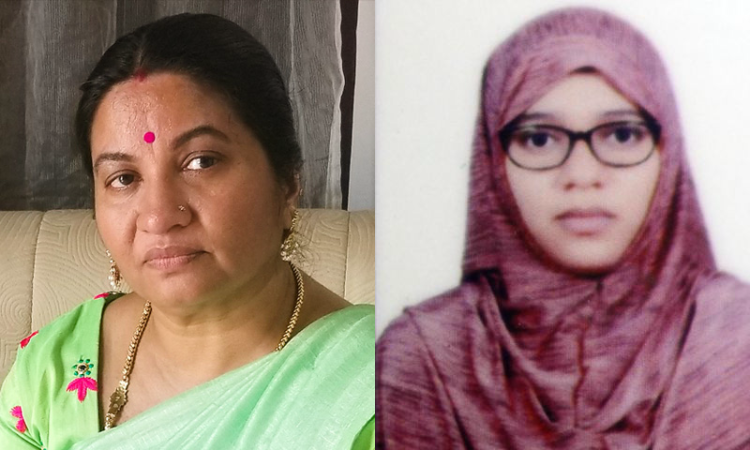IS Recruit Nimisha Fathima's Mother Approaches Kerala High Court Again Seeking Repatriation
Hannah M Varghese
26 July 2021 5:12 PM IST

A plea seeking the same had been filed as a habeas corpus previously, which was dismissed by the Court.
Next Story
26 July 2021 5:12 PM IST
